Starting up in Rio Grande do Sul
ith an abundance of tech talent, innovative leaders and enthusiastic public support, Rio Grande do Sul is rapidly becoming one of the most important hubs in Latin America, promising entrepreneurs a great quality of life and access to South America's common market, and putting the South of Brazil on the international startup map.
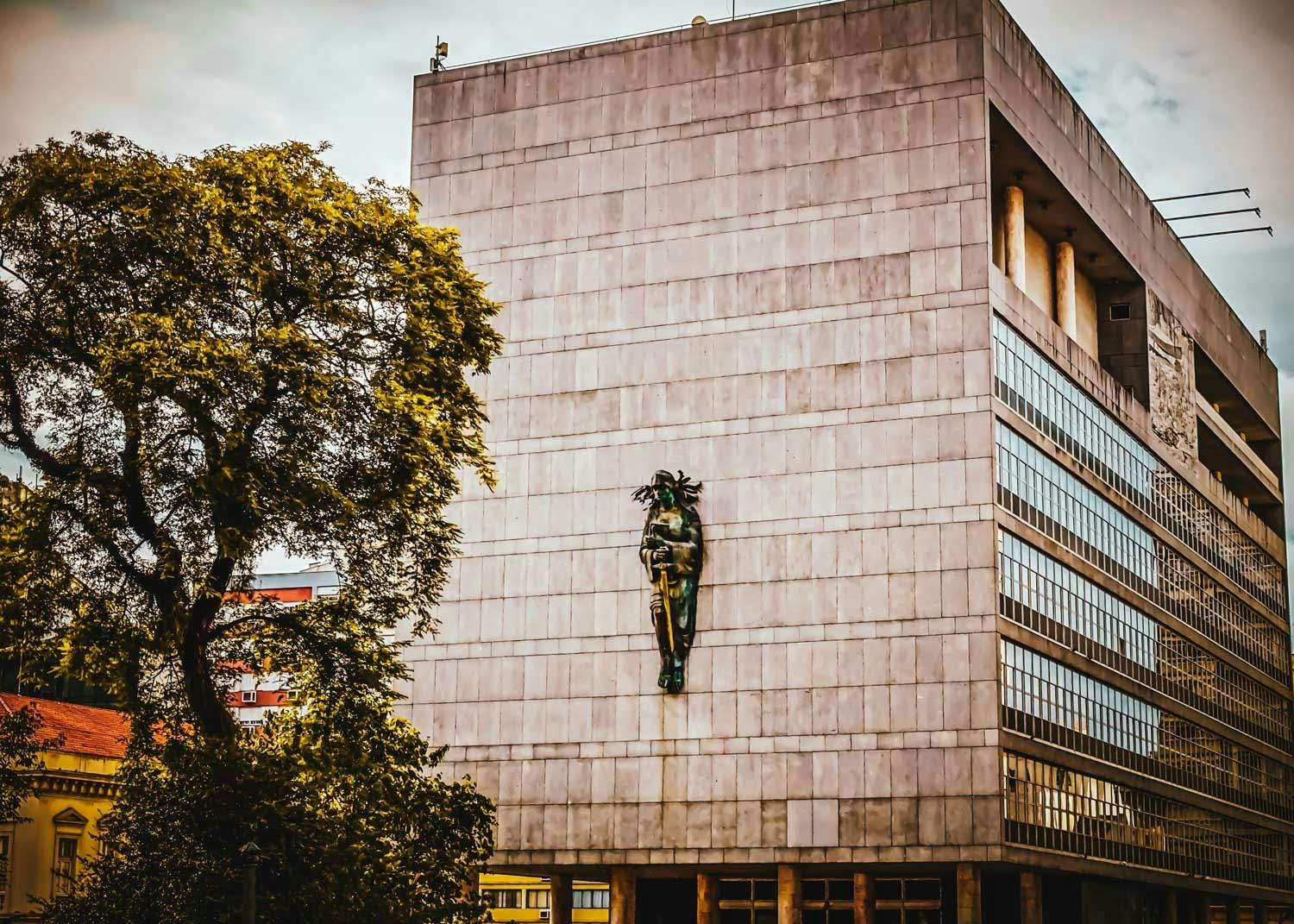
Getting Your Paperwork Right
Foreigners entering the Brazilian startup market will need an investor visa issued by the Brazilian Ministry of Labor. This requires a minimum investment of between R$500,000 (US$97,000) and R$800,000 (US$156,000), or, if the investment is connected to technology or research areas, around R$150,000 (US$29,000). When the Ministry approves your investment plan and you are able to prove your financial means, you’ll be eligible for a permanent visa (also known as a VIPER). The visa will be reassessed in the third year.
Taxwise, entrepreneurs will need Brazilian tax identification numbers: a CNPJ (Cadastro Nacional de Pessoas Jurídicas) for companies or a CPF (Cadastro de Pessoas Físicas) for individuals. CPFs can be done online at the Receita Federal (Brazilian Revenue Service) website (servicos.receita.fazenda.gov.br), but CNPJs will require the support of an accountant. If you become a tax resident, you are subject to personal income tax – progressive rates up to 27.5% for monthly income over R$4,500 (US$900) on your worldwide income. Nonresidents are only taxed on Brazilian-sourced income. Bear in mind that Brazil has one of the most complex tax systems in the world, and companies pay municipal, state and federal taxes. The support of a great accountant is crucial to get your company started following the right criteria.
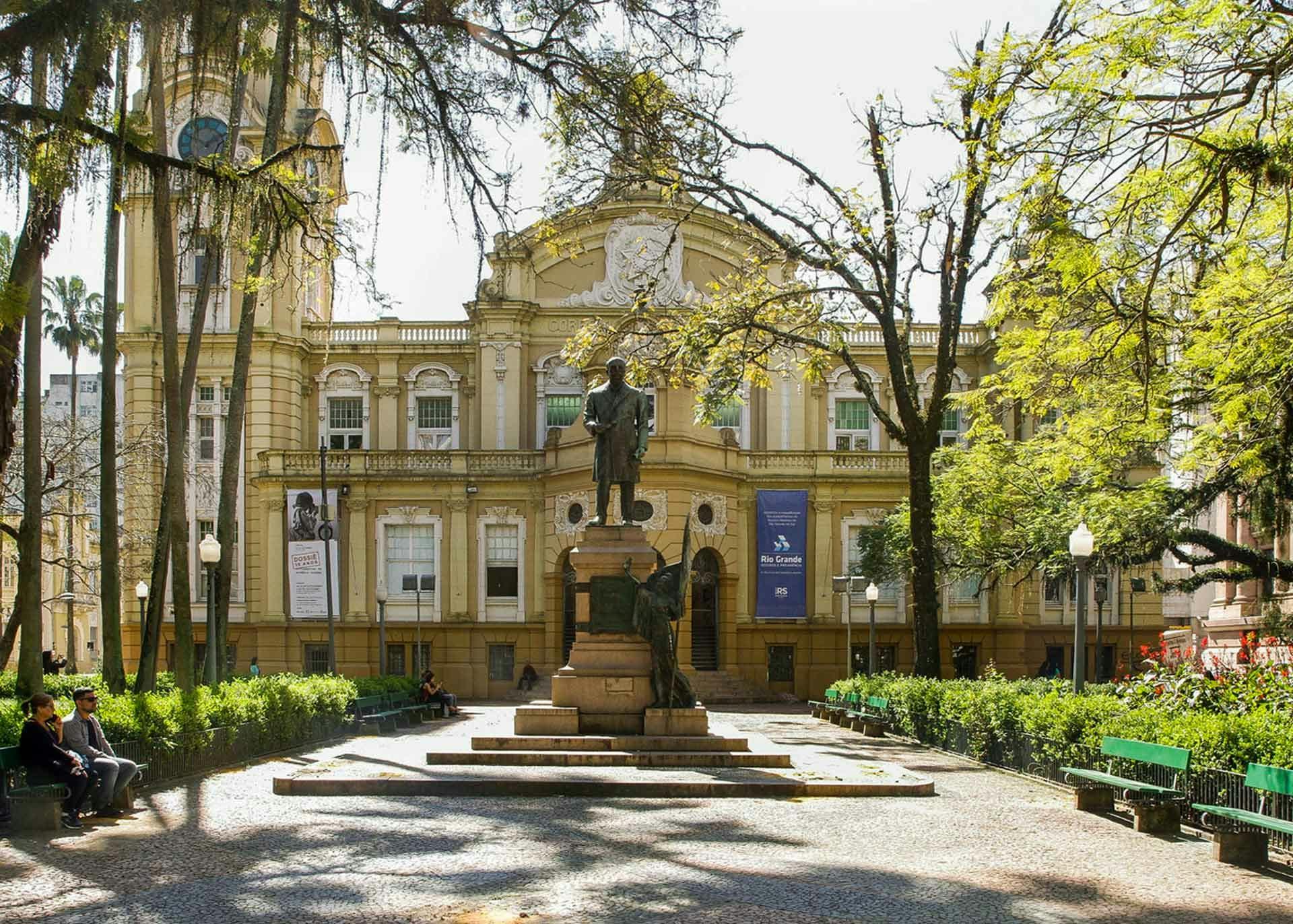
Starting a Company
Starting a business in Brazil can be a lengthy process, taking anything from 30 to 150 days. To begin with, you must appoint a legal representative to represent your company. They will also help you navigate layers of possible bureaucracy and language barriers. Without a legal entity or representative in the country, it's virtually impossible to open a business in Brazil. You'll also need at least one Brazilian resident to act as the "local administrator" of your business.
Entrepreneurs will need Brazilian Tax IDs (for individuals or companies), a passport or Brazilian ID, and an operating agreement (or articles of incorporation). All foreign documents must be translated into Brazilian Portuguese and must be done by a sworn translator certified by a Brazilian institution. Depending on the business, you might also need state or municipal registration and other trade-specific licenses.
Overregulation is a common complaint for both foreign and Brazilian entrepreneurs. All accounting books and invoices are issued by government software, for example, and companies must register with social security even if they don't have any employees.
Despite the initial bureaucracy, entrepreneurs opening a business in Brazil require relatively low investments and gain a gateway to Latin America's common market through Mercosur. As Brazil continues to attract technology investment and grows to become an attractive startup hub, with a lot of tech talent available, bureaucratic barriers will likely be diminished, attracting even more international entrepreneurs.
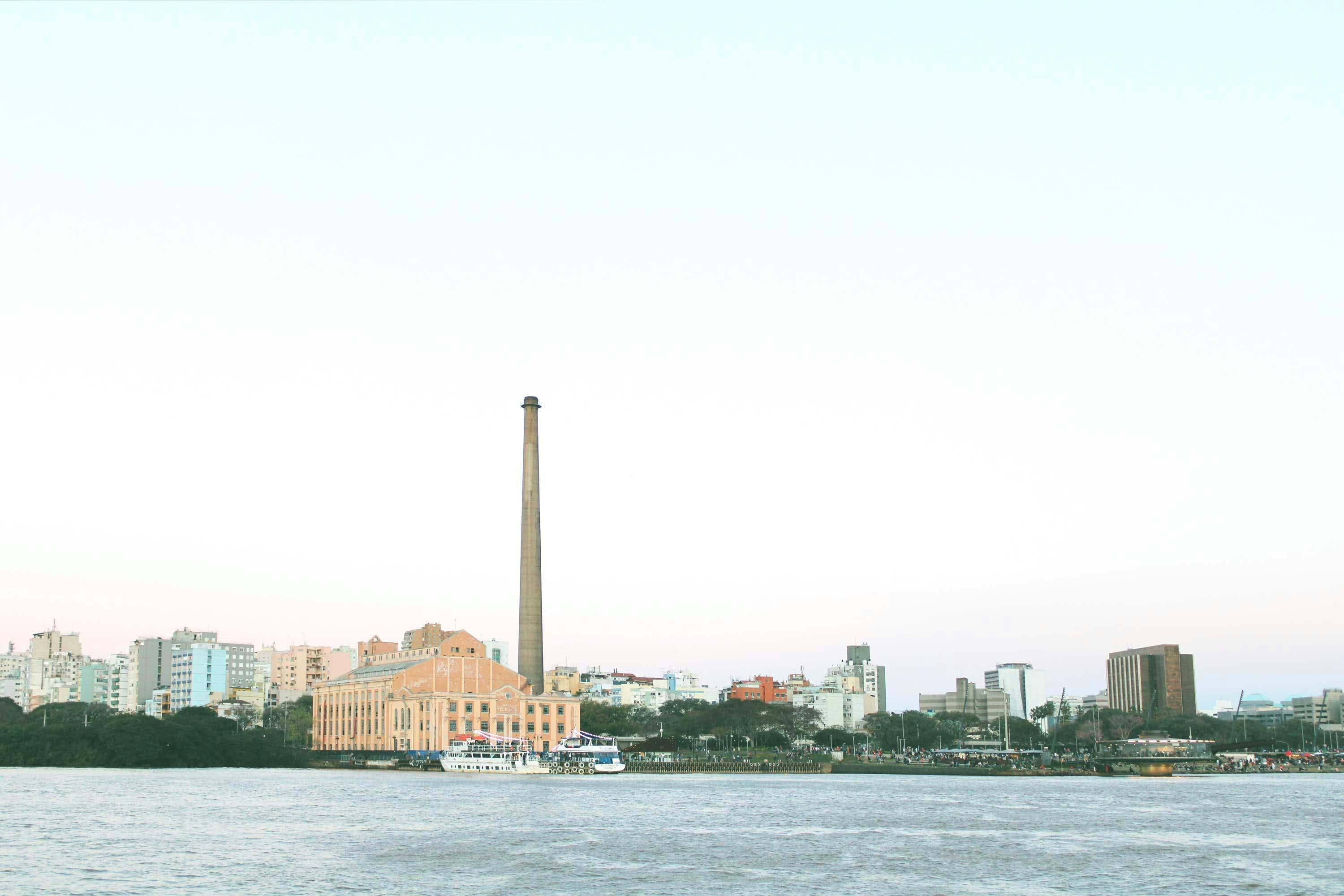
Cost of Living
The cost of living varies greatly in Brazil, even within different federal states such as Rio Grande do Sul. In Porto Alegre, the state's capital and largest city, the average cost of living for a single person is around R$5,000 per month (US$1,000). In Pelotas, it is significantly lower, around R$3,115 (US$600) per month, including a one-bedroom apartment.
Generally speaking, Rio Grande do Sul is known for its quality of life and great produce; outdoor markets are very traditional in Brazil, and in Rio Grande do Sul, it is no different. In Porto Alegre, the nightlife is lively and affordable, with a 330ml bottle of beer costing around R$15 (US$3). It offers easy access to the seaside beaches as well as the famous wineries in the region. A pair of cinema tickets will cost you around R$60 (US$12).
Monthly Internet plans start at R$100 (US$20), and a public transport monthly ticket is around R$223 (US$43). However, as in many Brazilian cities, traveling by car is still faster. Gas costs around R$5 per liter (US$1), and taxi fares start at R$5 per km.
Healthcare in Brazil is offered by state via Sistema Único de Saúde (SUS) and also offered by Private Health Insurance Companies with prices depending on the complexity of the treatments covered, assistance network, geographic scope and age.
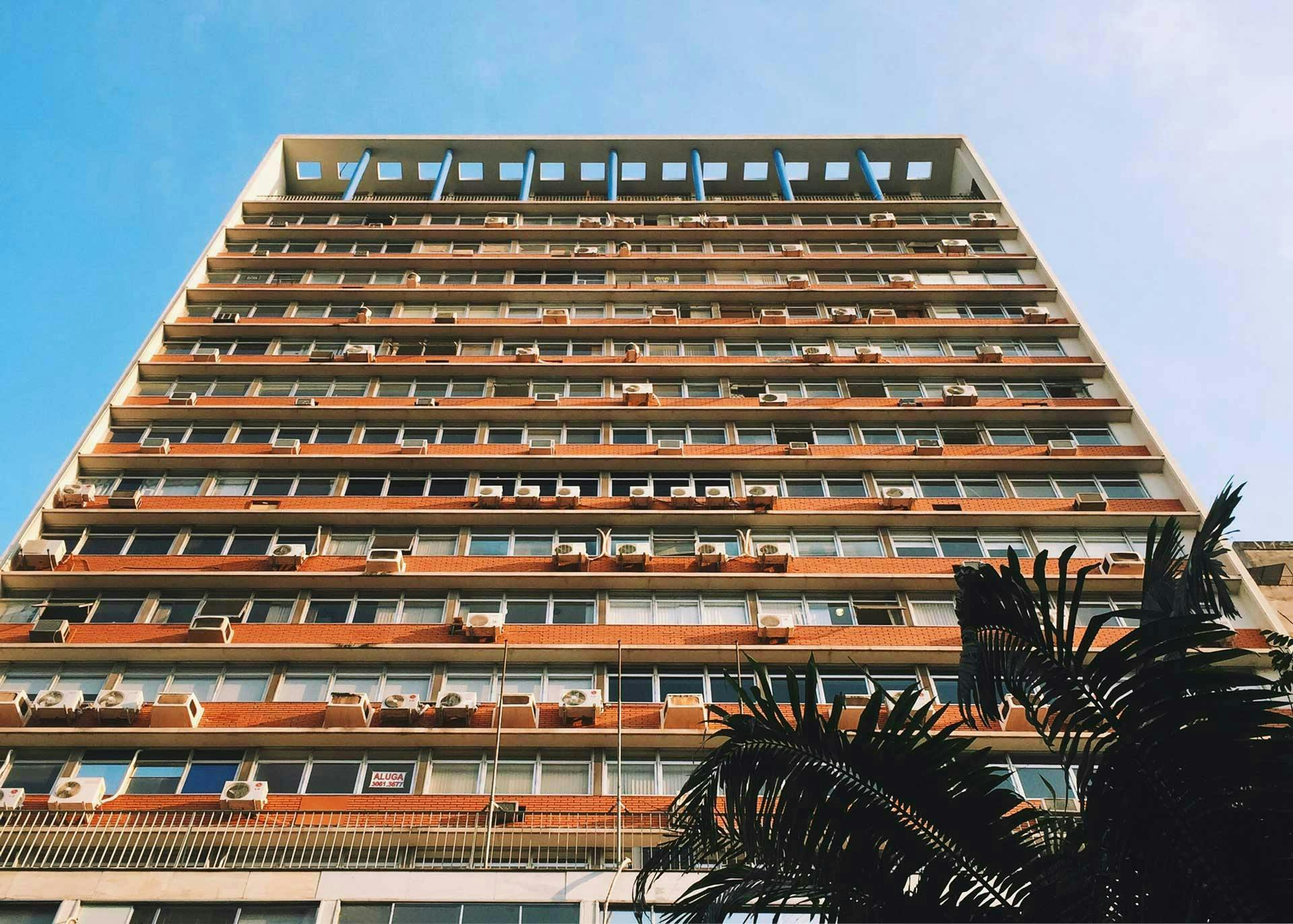
Renting an Apartment
Renting an apartment in Rio Grande do Sul isn't as difficult as in other Brazilian states. As digitalization reaches the real estate sector, entrepreneurs can rely on websites like Quinto Andar (quintoandar.com.br) to find places with competitive prices and help to deal with any paperwork bureaucracy.
If renting through a more traditional path, landlords and real estate agencies will require sworn translations of the following: your passport, CPF, proof of income (at least three times the net rent amount), proof of address, and income tax return. You'll also have to fill in a registration form. In Porto Alegre, a one-bedroom apartment costs around R$1,450 (US$280) in the city center or R$1,140 (US$220) outside of the center. In Pelotas, the average price of a one-bedroom apartment is R$1,050 (US$205) and, further out, R$675 (US$130). Location-wise, some central neighborhoods like Bom Fim in Porto Alegre might prove more competitive than others. If you depend on public transport, it's worth looking at the neighborhood's connections, as not every area is easily accessed by public transport.
Unlike most European cities, Brazilians rarely rent individual rooms in shared apartments to strangers – apartment sharing usually only happens when a group of friends decides to live together.
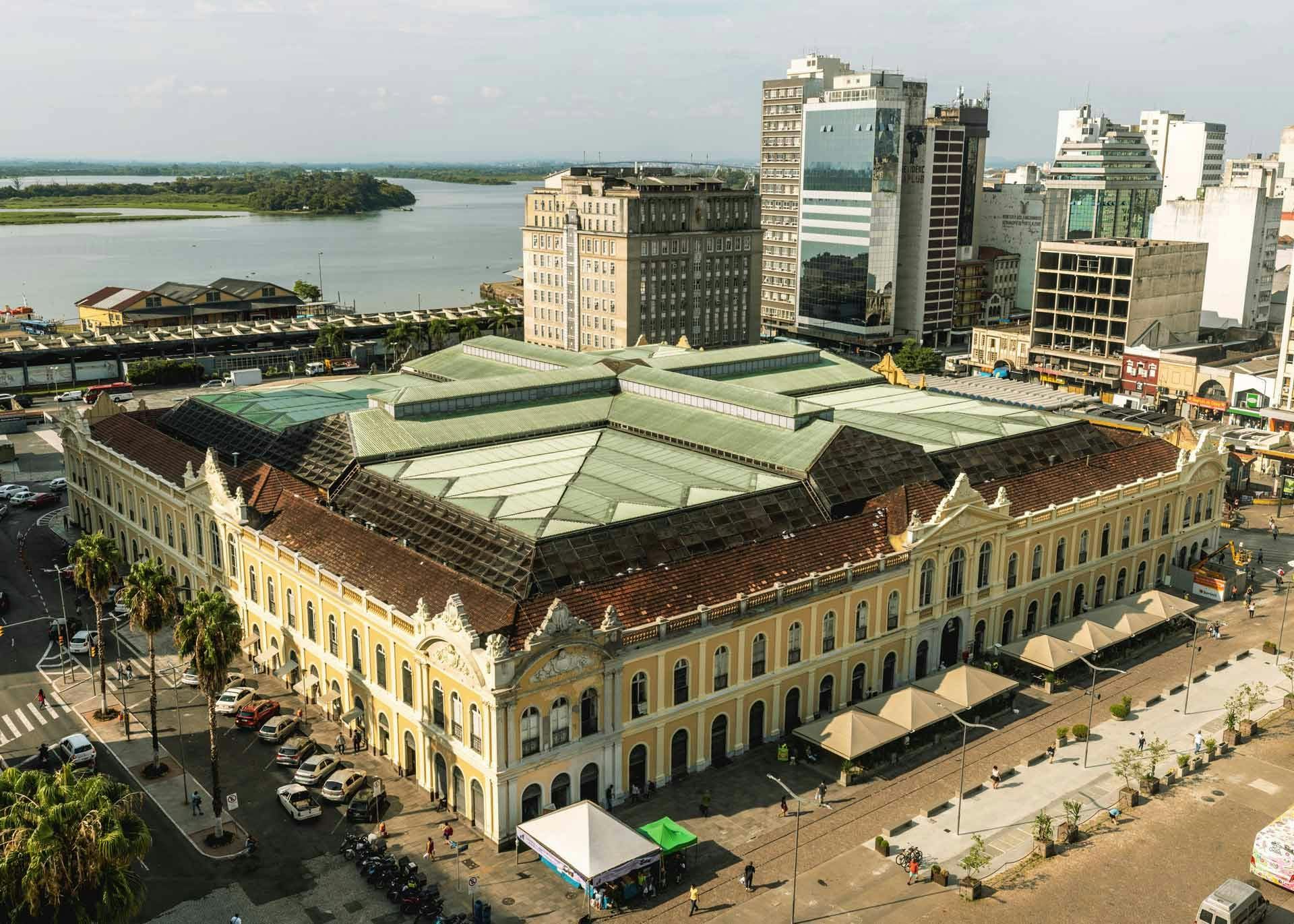
Culture and Language
Rio Grande do Sul is known for its coastline (especially Torres and Cassino Beach), its cuisine and its winery-topped hills (Gramado, Canela and Bento Gonçalves). It's also a region with a great barbecue (churrasco) tradition, influenced by the local gauchos (the expression for Southern Brazil's cowboys). As an important immigration hub in the eighteenth century, many cities in the South of Brazil exhibit traces of German, Italian, and Polish culture, especially in the food.
In Porto Alegre, entrepreneurs can find the buzz of a large city while enjoying green areas and regional parks, like Redenção and Moinhos de Vento.. Casa de Cultura Mario Quintana, a cultural center with exhibitions and events named after the city's most famous poet, is one of the unmissable cultural spots in the city. So is the Mercado Público (Public Market), housing over a hundred grocery stalls and some of the city's famous restaurants. You'll know you're fully integrated when you and your friends end your afternoon at Guaiba River Orla watching the sunset with a traditional vessel of chimarrão, a yerba mate infusion.
And let's not forget football! The sport is a well-known national treasure, and Rio Grande do Sul hosts two important (and rival) teams: Grêmio and Internacional. Choose wisely!
Learning Brazilian Portuguese will be necessary. Even though Porto Alegre has a growing community of expats, English speakers remain scarce in the public service sector, for example. Luckily, the state capital has many Portuguese courses and schools available. Some popular choices are Bem Brasil (portuguesbembrasil.com.br) and Wizard (wizard.com.br/escolas/poazonasul). Class prices range from R$40 (US$8) to R$120 (US$23) per hour.

Meeting People / Networking / Hubs
Brazilians are generally friendly and always open to meeting new people, so making friends and networking is easy despite potential language barriers. Don't be surprised by lunch offers and happy hour invitations from both work colleagues and networking contacts: it's typical never to have work lunches alone, and most coworkers will suggest a beer or two at the end of a Friday's workday.
Since the pandemic, coworking spaces have become increasingly popular, and names like WeWork have offices in Porto Alegre. Tecnopuc, PUCRS University's scientific and technological park, is also an important networking space, with regular events to connect to other entrepreneurs. Tecnopuc is part of the IASP, International of Science Parks, and you can subscribe to their newsletter to remain updated: iasp.ws/join/newsletter-signup. Local events like South Summit Brazil (southsummit.co/brazil) and Gramado Summit (gramadosummit.com) are an unmissable opportunity for entrepreneurs to get to know the area and connect to funding and networking opportunities.
Entrepreneurs without fluent Portuguese might find it challenging to make new friends, but it’s not impossible! Communities like AjeVale (eventbrite.com/o/aje-vale-57130291113) promote networking events in Novo Hamburgo, for example, and there is a community in Porto Alegre too (eventbrite.com.br/o/aje-poa-21588601724). Although Brazilians tend to separate fun and work in most scenarios, it's possible to spontaneously meet people on a night out – one of the many highlights of living in Porto Alegre. The city has many popular bars: the most famous ones include Ocidente, a traditional club that is LGBTQIA+ friendly; Brechó do Futebol, for diehard football fans; or bars like Agulha and 4Beer.
With a culture of entrepreneurship and its ongoing investments in education and innovation, Rio Grande do Sul is building a world-class innovation ecosystem and a promising international startup hub.
Discover Rio Grande do Sul Ecosystem →
Want to know more about Rio Grande do Sul startup scene?
Startup Guide Rio Grande do Sul includes valuable tips, founder stories and expert insights.
Order your copy now!
Written by Yessica Klein
Main Photo by Alex Rocha


